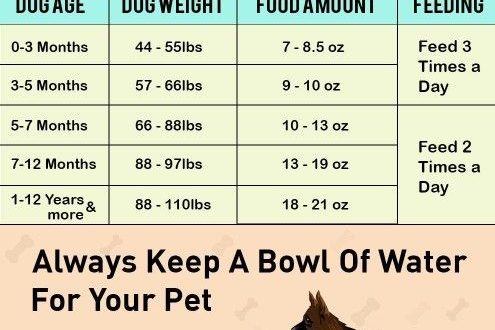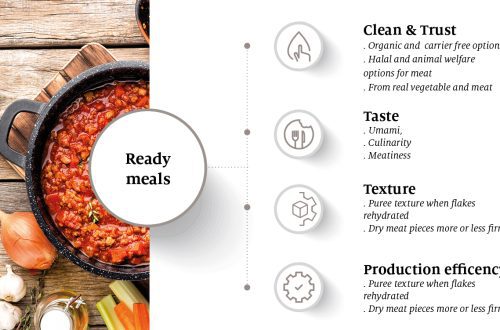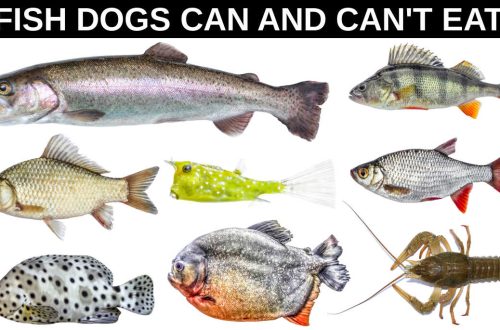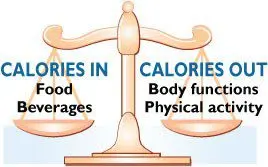
How to properly balance calories?
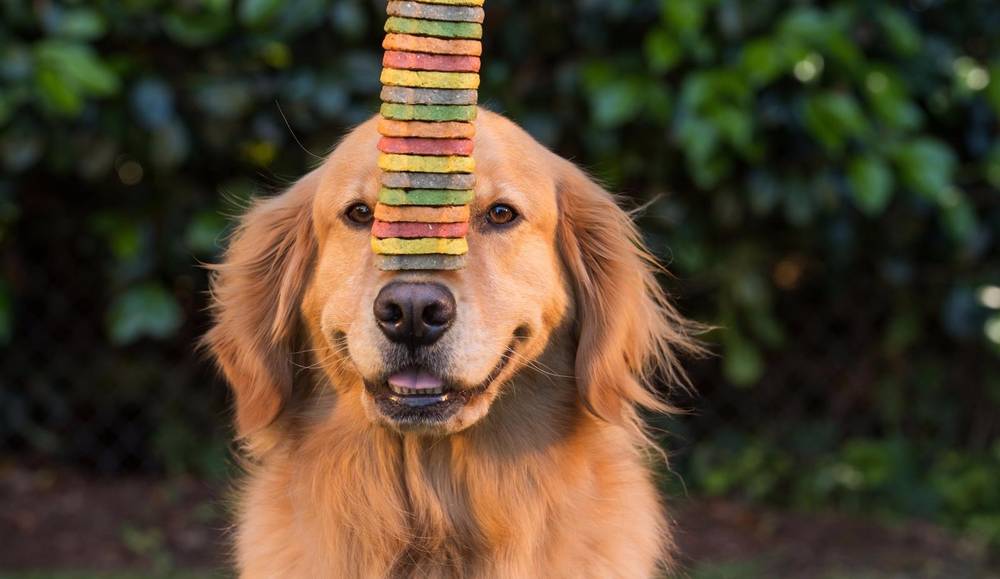
wet diet
Standard contains approximately 70 kcal per 100 g of product. Due to such a low energy density (about the same as in a piece of meat), such feeds significantly reduce the risk of an animal becoming overweight. At the same time, they maintain the water balance in the pet’s body and contribute to the prevention of diseases of the urinary system.
Dry diet
100 g of a dry diet have four times the energy value – they contain 330–400 kcal. Dry food pellets ensure oral health and normal bowel function.
However, when feeding a pet, the owner should strictly observe the portion sizes indicated on the package. Otherwise, the animal is threatened with excessive weight gain. Let’s say a dog weighing 10 kg for every extra 20 g of dry food receives a 15 percent excess of its daily calorie requirement.
Food from the table
The calorie content of homemade dishes is not so easy to determine. For example, 100 g of pilaf with pork contains about 265,4 kcal, stewed cabbage with meat – 143,7 kcal, boiled fish fillet – 165 kcal.
That is, an animal that is forced to eat the same as the owner receives a very different number of calories each time. This can lead to obesity and other problems (such as arthritis) due to the presence of a significant amount of fat in homemade food.
cooked food
With self-preparation of food for the animal, the owner will theoretically be able to calculate the required number of calories. However, without a biochemical laboratory, he will do this only by eye.
And this is not the only problem with this approach. Also, the owner of the pet will have to face an excessive expenditure of time and money. An extra half an hour a day spent at the stove turns into 10 months in 2,5 years. Finance costs about 5 times more than when buying and wet food.
In addition, self-cooked food, unlike industrial rations, requires special storage conditions, is often inconvenient during transportation, and so on.
The right approach
Thus, the dog should eat only rations intended for it. At the same time, according to the general opinion of experts, only a combination of wet and dry diets is optimal for feeding a pet.
11 2017 June
Updated: November 20, 2019



